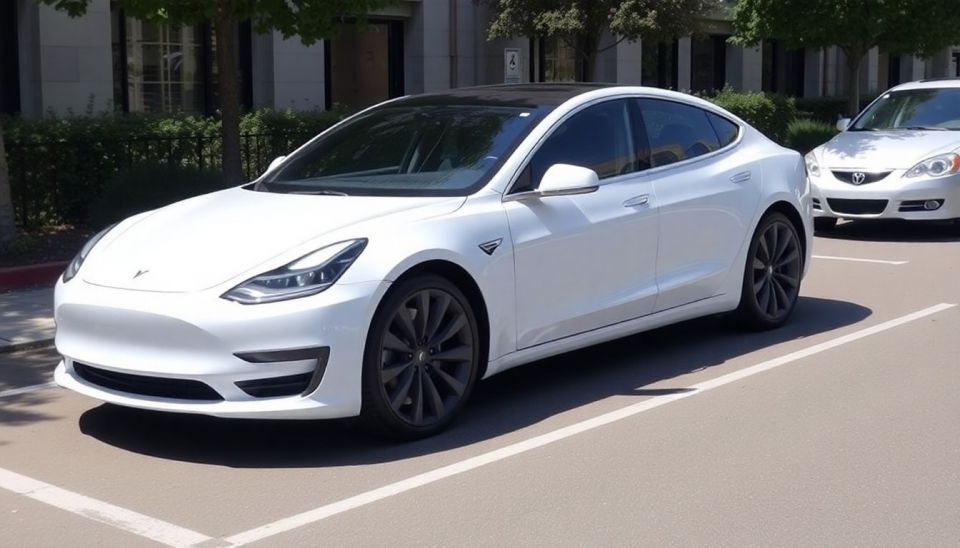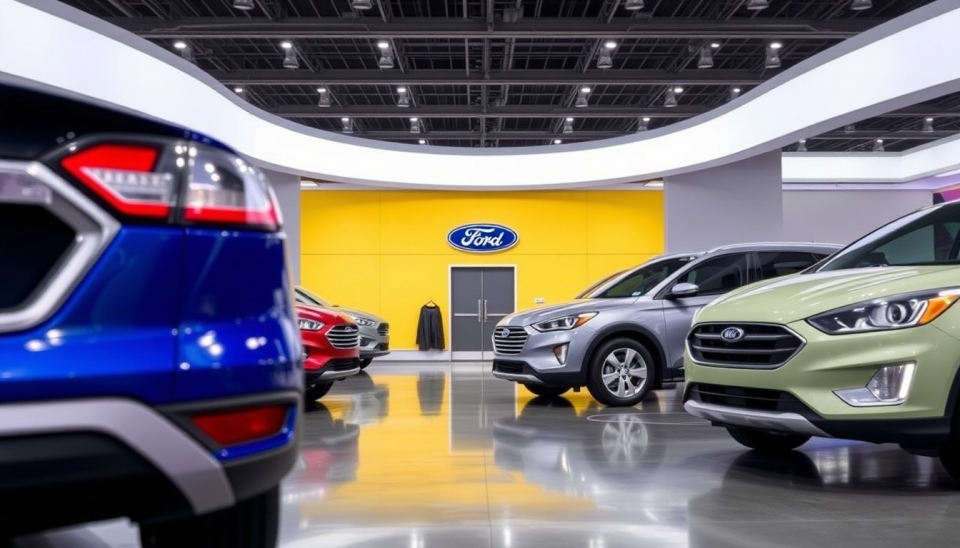
Who Owns U.S. Treasuries Amid Recent Market Turmoil
Recent fluctuations in financial markets have been fueled by tightening monetary policies and concerns over global economic growth. In this context, the question of who actually owns U.S. Treasury securities becomes particularly relevant. To date, these assets are represented by a diverse array of investors, ranging from foreign governments to private individuals.
Continue reading
The Biggest Drop in Used Tesla Car Prices
Recently, news has emerged in the automotive industry about a significant decline in prices for used Tesla vehicles. According to reports, prices in the secondary market have dropped considerably, raising wide interest among both buyers and those looking to sell their electric cars.
Continue reading
Chinese TikTok Users Mock Tariffs, Suggest Buying Global Brands Directly
Recently, discussions have emerged in the Chinese segment of TikTok regarding the high tariffs on imported goods from the United States, implemented as part of the economic policy between the two countries. Many users on the platform have started sharing humorous videos showcasing how easy it is to bypass these tariffs by purchasing unique products from international brands like Nike directly, without intermediate sellers.
Continue reading
How Trump's Tariffs Could Impact the US Labor Market
A recent analysis indicates that tariffs imposed by former President Donald Trump on imports from China significantly impacted the labor market in the United States. While the adjustments were intended to protect American goods and jobs, they have also resulted in unforeseen consequences for the workforce and the economy at large. The tariffs were aimed at reducing the trade deficit and supporting local manufacturers, but data show that they led to increased prices for consumer goods, which in turn affected the purchasing power of American citizens.
Continue reading
Ford Introduces Employee Pricing for All: What It Means for Customers
Ford has announced an exciting new initiative that is set to impact car buyers significantly. The automaker is rolling out an Employee Pricing program for all customers, not just for its employees. This program allows consumers to purchase vehicles at the same price that Ford employees pay, making quality vehicles more accessible and potentially transforming the automotive market landscape.
Continue reading
Lexus Buyers: How Age Influences Luxury Car Choices
A recent study conducted in the United States revealed that the average age of buyers for the luxury brand Lexus is 63 years old. This figure is significantly higher than for other automotive manufacturers such as Mercedes-Benz and BMW, which have average buyer ages of 54 and 53 years respectively. These findings place Lexus in a unique position in the market, prompting the company to pay attention to shifting preferences among younger generations to remain competitive.
Continue reading
Lotus Faces Job Cuts Amidst Changing Market Demands
Recently, the English automobile company Lotus Cars has decided to lay off a portion of its employees due to changes in market conditions and a decrease in demand for new car models. According to internal company information, this measure was necessary as the brand's management is striving to optimize costs and adapt to new economic realities.
Continue reading
Rising Mortgage Rates Make Home Buying More Difficult
According to the latest report, mortgage rates in the U.S. continued to climb, reaching 7.85%, the highest level in 23 years. This increase is occurring amid high inflation rates and potential expectations of further interest rate hikes by the Federal Reserve (Fed). Experts are looking at the future of the housing market with great concern, as such rates make home buying less accessible for most Americans.
Continue reading
Volvo S90 Leaves the US Market
Swedish automotive manufacturer Volvo has decided to discontinue sales of its flagship sedan, the S90, in the American market. This decision is part of a broader strategy aimed at optimizing the company's lineup and focusing more on SUVs and electric vehicles. The Volvo S90, which was launched in 2016, gained a strong reputation among fans of comfortable and safe cars. However, changing market conditions and a decline in demand for sedans have led to the decision to withdraw it from active sales.
Continue reading
Declining Sales of German Luxury Cars in China Raise Concerns
Recent reports indicate a significant decline in the sales of German luxury cars in the Chinese market, raising serious concerns among automakers and industry analysts. Brands such as Audi, BMW, and Mercedes-Benz are grappling with challenges stemming from shifting consumer preferences and fierce competition from local manufacturers.
Continue reading